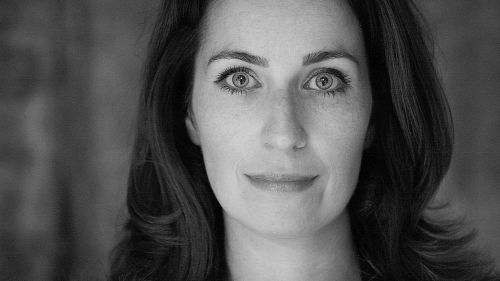This Website uses cookies to improve your visit on our website. More Info

Munich Business School is an impact-driven business school, where societal, environmental and economic challenges inform our educational approach. We educate the leaders of tomorrow and it is our goal to inspire and foster responsibility in all our learners – from students to staff to partners. We call ourselves the first Quintuple Bottom School, building on the Triple Bottom Line model which we have extended and formed into our own impact model.
Focuses on fostering a diverse and inclusive academic community, ensuring equitable access to education and promoting the wellbeing of students, faculty, and staff.
Emphasizes environmental sustainability, minimizing negative impact on natural ecosystems and promoting ecological health.
Relates to enthusiasm and commitment, inspiring stakeholders to engage deeply with the school's goals and values.
Centers on having a meaningful mission or vision that guides the school's actions and decisions beyond profit.
Pertains to economic success, including profitability and long-term financial viability for all stakeholders.
As a higher education institution, we bring our mission to life by integrating all our impact-driven endeavors into our very fabric – research and teaching.
The big societal problems such as the climate crisis, social inequality or global health cannot be overcome alone. Business is increasingly expected to take the lead in finding solutions to these challenges. Consequently, business schools, which educate the leaders of tomorrow, also carry a major responsibility.
At Munich Business School, we take this responsibility for society seriously. We are convinced that impact has become a relevant measurement for management education legitimacy and therefore ensure that our degree programs go beyond traditional business education. We sharpen our students' conscious awareness of the world around us, teach them more inclusive strategies, and inspire them to choose work opportunities with a societal impact.
Together, we create impact. The fourth Impact Report of Munich Business School highlights collaboration and shared agency within our community. It showcases how impact is created through connection, responsibility, and collective action. Research and education are at the core, linking the dimensions of our impact model and demonstrating how knowledge drives and scales meaningful change.
With Munich Business School's third Impact Report, we focus on what makes our progress and impact possible in the first place - people. Our students, our dedicated team of staff and faculty, and our inspiring partners are at the center of all our efforts. It's All About the People.
In Munich Business School's second Impact Report for 2022, we affirm our commitment and document further progress. This report presents the development of our own impact model and highlights our efforts to establish MBS as a hub for innovative solutions.
With our impact report 2021, we have publicly acknowledged our commitment to impact for the first time and pledged to issue yearly reports on our progress, from now on.
